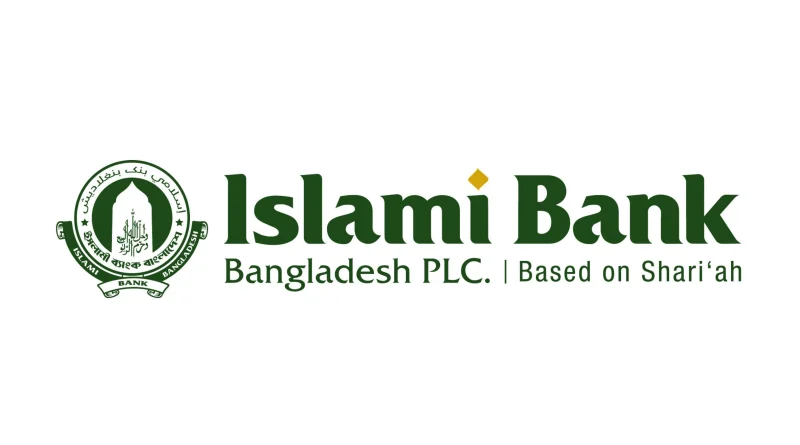Islamic banks in Bangladesh are rapidly losing ground in the remittance market, with their share shrinking from more than half to less than one-third in just 16 months.
Bangladesh Bank data shows their share of remittances dropped from 51.57 per cent in January 2024 to 31 per cent in May 2025, as migrants and exchange houses increasingly turned to conventional banks amid liquidity concerns and trust issues surrounding several Islamic lenders.
In January 2024, full-fledged Islamic banks, along with their Islamic branches and windows, channelled $1.09 billion in remittances, representing 51.57 per cent of the sector’s total. By May 2025, inflows through Islamic banking had fallen to $660 million, while conventional banks doubled their receipts to $2.31 billion over the same period.
The downward trend began in February 2024 and continued steadily, with a sharp dip after June 2024. Bangladesh Bank data shows the lowest point came in August 2024.
Banking insiders point to weak governance, tighter competition from conventional banks, and a regulatory push to diversify remittance channels as key reasons for the decline.
“Some Islamic banks are almost non-functional in this area. They have either shut down their remittance operations or significantly reduced their role. In some cases, they even lack the liquidity needed to settle remittance inflows,” said Syed Mahbubur Rahman, managing director and CEO of Mutual Trust Bank.
He noted that trust and reliability gaps have also contributed to the sharp fall in market share.
Despite the slump, Islamic banks still handle a sizeable portion of remittance inflows, reflecting their traditional appeal among many expatriates. But experts warn their share could erode further unless they step up service quality, digital offerings, and compliance standards.






